Porto, 11 May 2023- A wide variety of road surfaces, from sand to tarmac, with rapid changes within the same special stage, but above all deep ruts that in some special stages can create serious problems for the wheel system and the whole car, as happened last year. This is what emerges from the post-reconnaissance analysis by Pirelli engineers, that confirm the Rally of Portugal as a kind of “university of gravel races” in the championship, in which nothing is taken for granted.
In particular, the rally’s highlights are:
- The toughest day of the entire race is confirmed as last year on Friday, especially in the afternoon loop, which is longer than the morning loop, and with conditions generally worse than in 2022. Also worth mentioning are the numerous bumpy road sections, the presence of stones on the track, and high tyre wear. The most challenging stage appears to be SS5, whose track is littered with stones, with sections characterised by deep ruts.
- Even on Saturday, the morning loop is shorter than the afternoon loop, which is the longest of the entire rally (76.02 km). The abrasiveness of the road surface generally decreases compared to the previous day, as does tyre wear. All special stages feature asphalt sections. More humidity is expected than on Friday (which will be 100 per cent dry). SS 10-13 features a total of three kilometers of asphalt and a cobbled section, with the road surface conditions worsening in the afternoon.
- The four closing special stages present ground conditions with medium abrasiveness. The most challenging test promises to be SS 18, with numerous loose gravel sections and the presence of mud.
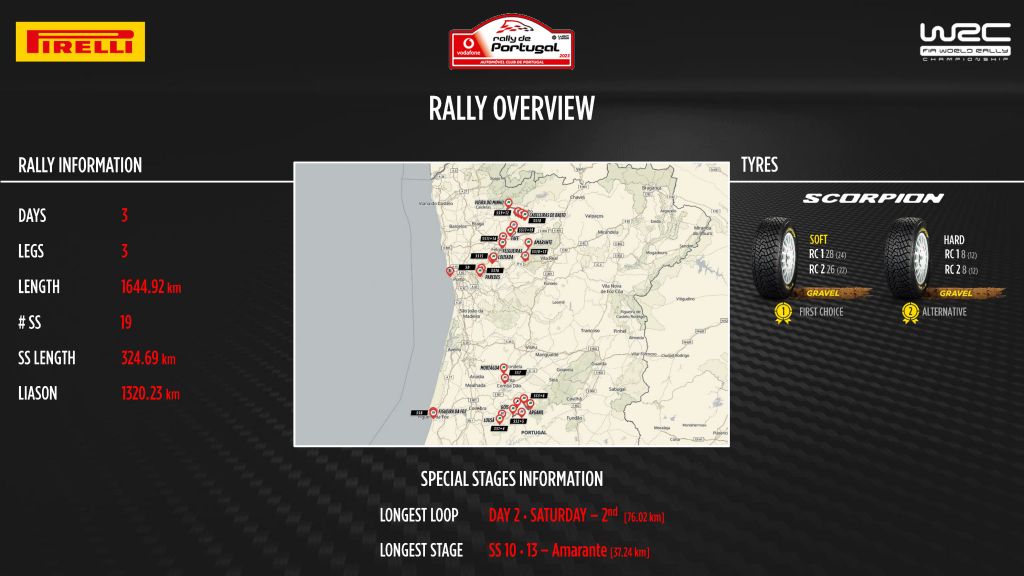
THE TYRES AVAILABLE IN PORTUGAL ARE:
Scorpion KX WRC: Pirelli’s gravel tyre, developed for the top category, is available for Rally1 cars in two compounds, both in evolution 2022, which features reinforced structures and an optimised design. For Portugal, the SA soft compound version, which guarantees optimum grip even on slippery surfaces, is the first. The HA hard-compound version, which offers greater durability and resistance to more abrasive surfaces with more grip, is the option.
Scorpion KX WRC: Pirelli’s gravel tyre, developed for the top category, is available for Rally1 cars in two compounds, both in evolution 2022, which features reinforced structures and an optimised design. For Portugal, the SA soft compound version, which guarantees optimum grip even on slippery surfaces, is the first. The HA hard-compound version, which offers greater durability and resistance to more abrasive surfaces with more grip, is the option.
The regulations provide for an allocation of 24 and eight tyres respectively for prime and option, to which four must be added for the shakedown, in the compound chosen by the crew.
Scorpion K: the gravel tyres for WRC2 and WRC3 are also available in hard and soft compounds, with many of the same characteristics as the KXs for the Rally1 cars. In Portugal, Rally2 cars have K4B (hard) and K6B (soft) tyres, while Rally3 cars have K4A (hard) and K6A (soft).
For these car categories, the allocations are 22 and 8 tyres for the prime and option respectively, to which must be added a set for the shakedown.
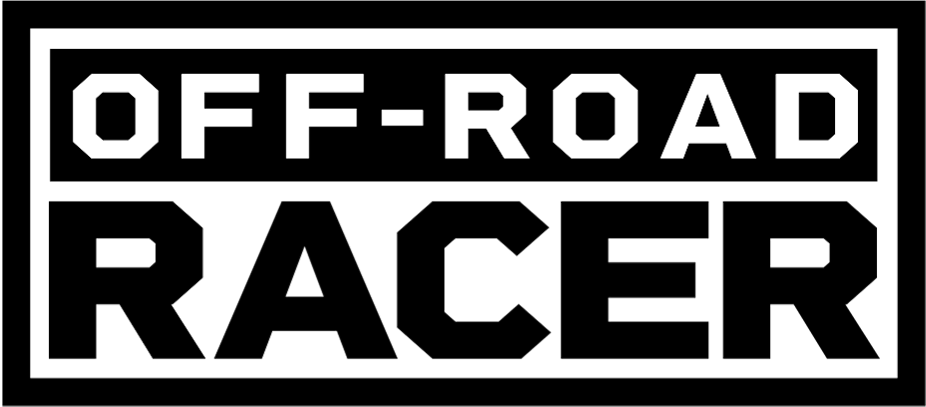
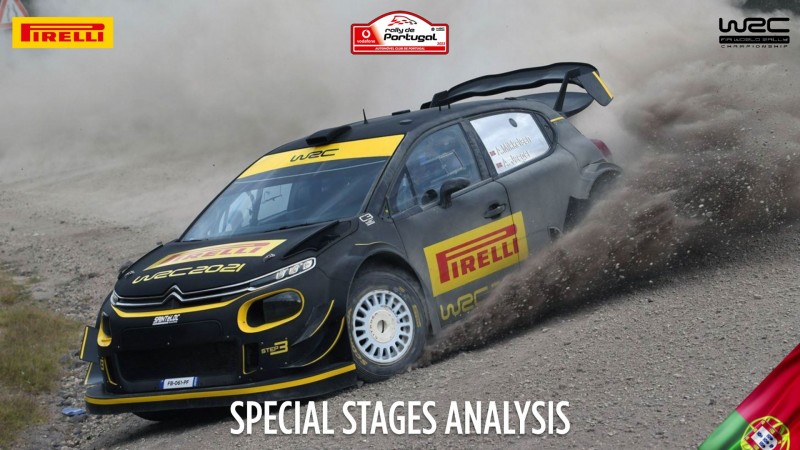
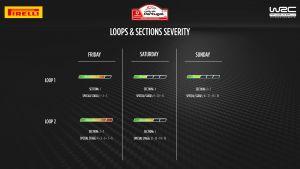

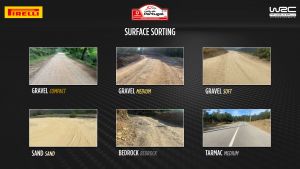
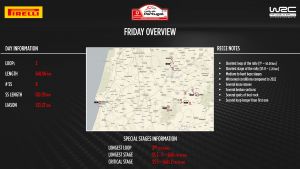
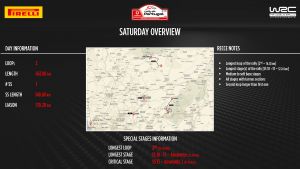
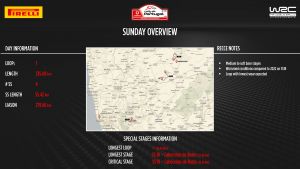
Pingback: Online medicatie kopen zonder recept bij het beste Benu apotheek alternatief in Amsterdam Rotterdam Utrecht Den Haag Eindhoven Groningen Tilburg Almere Breda Nijmegen Noord-Holland Zuid-Holland Noord-Brabant Limburg Zeeland Online medicatie kopen zonder r
Pingback: https://www.kirklandreporter.com/reviews/phenq-reviews-fake-or-legit-what-do-customers-say-important-warning-before-buy/
Pingback: Buy psilocybin pills online overnight Munich